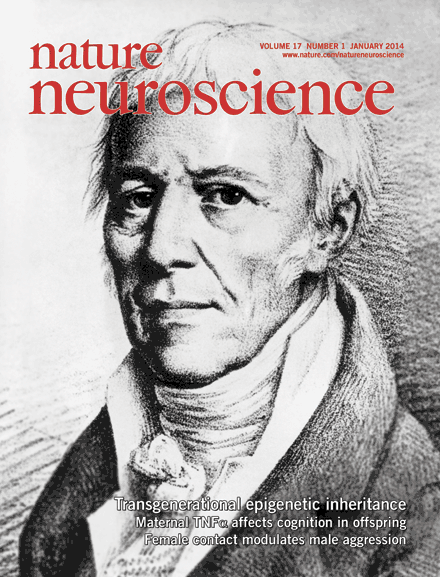Posted by Erik Svensson
The next weeks lab-meeting we will discuss some classical problems in ecology and evolution namely niche evolution, reproductive character displacement (or the lack thereof) and sexual communication. I have chosen a recent article on a South American bird radiation in Nature, co-authored by our Lund colleague Charlie Cornwallis and another paper on the same topic in PNAS by the same Oxford group (Joseph A. Tobias and Nathalie Seddon).
The titles and Abstracts of both these papers are found below, where you can also find link to these papers. Charlie has promised that he will be present to answer any more specific questions we might have on the results, the analyses and other background information about this fascinating system.
When: Tuesday February 4 at 10.30
Where: "Argumentet", 2nd floor (Ecology Building)
Species coexistence and the dynamics of phenotypic evolution in adaptive radiation
Joseph A. Tobias, Charlie K. Cornwallis, Elizabeth P. Derryberry, Santiago Claramunt, Robb T. Brumfield & Nathalie Seddon
Interactions between species can promote evolutionary divergence of ecological traits and social signals, a process widely assumed to generate species differences in adaptive radiation. However, an alternative view is that lineages typically interact when relatively old, by which time selection for divergence is weak and potentially exceeded by convergent selection acting on traits mediating interspecific competition. Few studies have tested these contrasting predictions across large radiations, or by controlling for evolutionary time. Thus the role of species interactions in driving broad-scale patterns of trait divergence is unclear. Here we use phylogenetic estimates of divergence times to show that increased trait differences among coexisting lineages of ovenbirds (Furnariidae) are explained by their greater evolutionary age in relation to non-interacting lineages, and that—when these temporal biases are accounted for—the only significant effect of coexistence is convergence in a social signal (song). Our results conflict with the conventional view that coexistence promotes trait divergence among co-occurring organisms at macroevolutionary scales, and instead provide evidence that species interactions can drive phenotypic convergence across entire radiations, a pattern generally concealed by biases in age.


